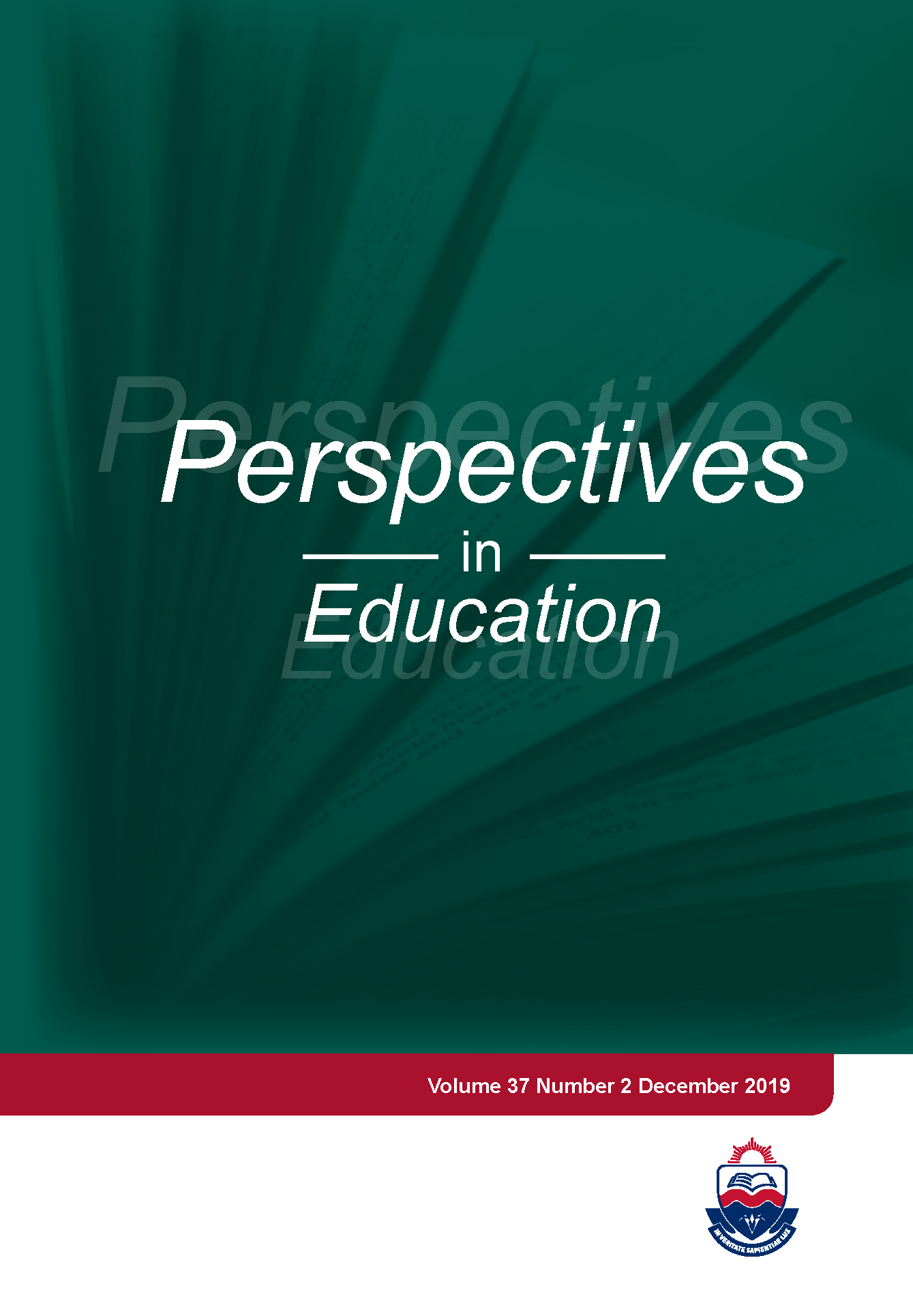Teachers' use of verbal language to evoke visualizations in multilingual mathematics classes
DOI:
https://doi.org/10.38140/pie.v37i2.4033Keywords:
Language, Multilingual, Code switching, Visualization, MathematicsAbstract
Research into the importance of teachers’ use of verbal language in multilingual classes where teaching and learning is done in a language other than the learners’ first, is crucial. Such research aimed at improving multilingual learners’ access to conceptual understanding of mathematical concepts is becoming increasingly urgent. In this paper, we specifically report on a study that inter alia focused on how three purposively selected South African (Eastern Cape) Grade 11 multilingual mathematics teachers used learners’ first language, through code switching, to evoke visualizations for promoting conceptual understanding during the teaching of geometry and trigonometry. The study found that conceptual understanding was enhanced when teachers spoke in their learners’ first language using mostly everyday familiar words to evoke visualizations of some geometry and trigonometry concepts. Teachers also used isiXhosa terminology, the dominant language of the Eastern Cape Province in South Africa, to describe some mathematical constructs. A number of instances were noted in which teachers used pictorial illustrations from the learners’ environment when words or phrases were not immediately available to them, to promote conceptual teaching of mathematics. However, none of the strategies used were planned for; they were used spontaneously and on an ad hoc basis. We concluded that in multilingual mathematics classes, teachers should choose their verbal language carefully and purposefully to precisely demonstrate and make visible the intended mathematical ideas. Such use of verbal language is particularly important in situations where teachers cannot bring the actual or physical artefact of the mathematical idea to class. The underpinning theory that framed this paper was situated-sociocultural theory.





